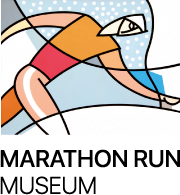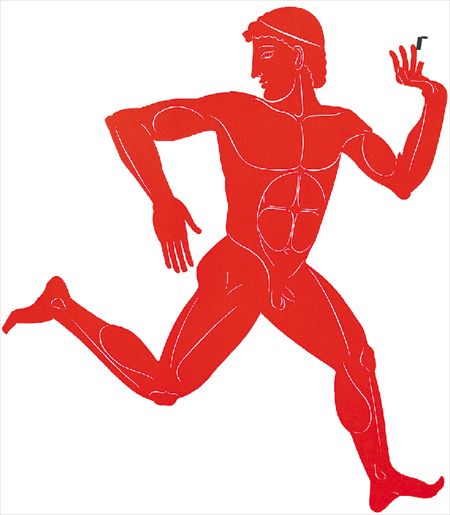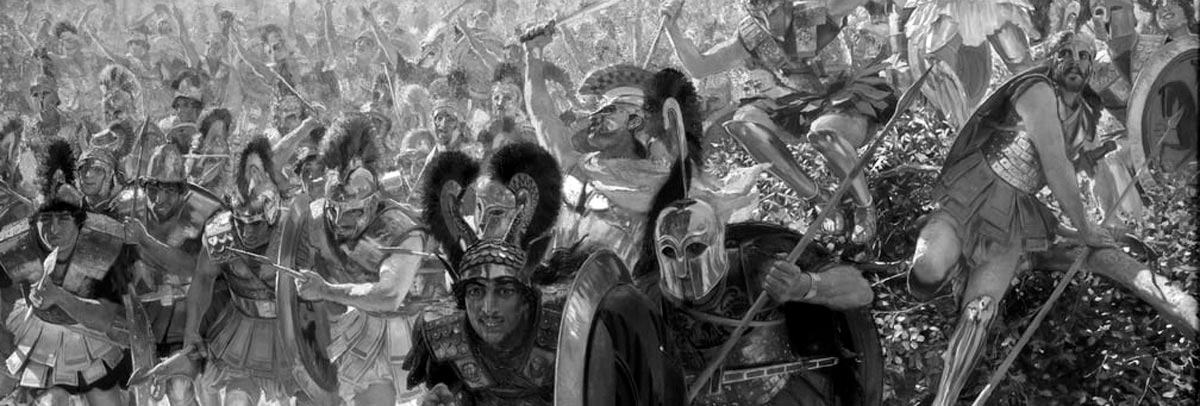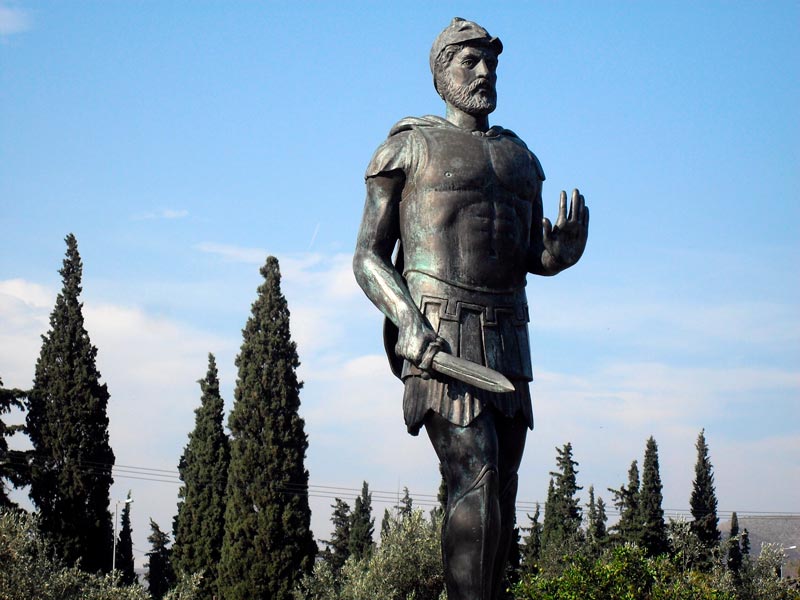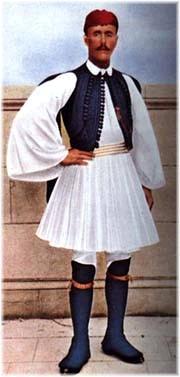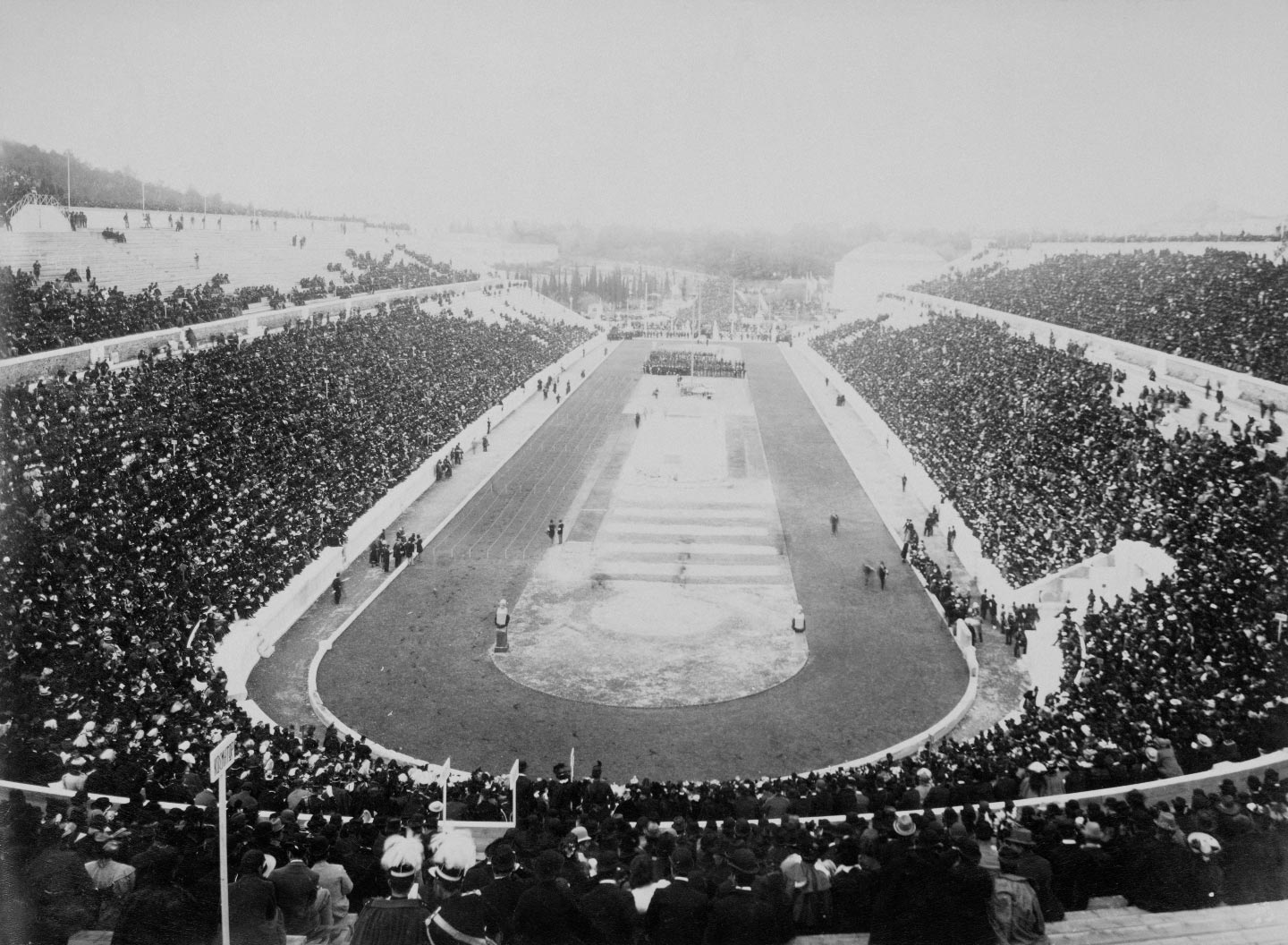First it was a rural city, and then became the place of a legendary battle; the victory of Athenians over the Persians (490B.C.) gave birth to a Race that inspires the world. The Marathon Race.
Pheidippides was a long-distance runner or courier as we can say today but for Ancient Greece it was a hero and his accomplishment an inspiration for the modern sporting event of Marathon Race.
490 B.C. the Persian fleet anchored in the bay near Marathon turning the plain into a battlefield for an invasion to Athens state. Miltiades the Athenian general sends Pheidippides to run to Sparta and ask for their help. He covered the distance from Marathon to Sparta and back in 2 days. As Spartans didn’t joined Miltiades ordered Athenians along with a small force from Plataea for a general attack that led to a triumph.
Pheidippides was send again running, from Marathon to Athens to announce the news of victory to fellow Athenians and that joyful message was his last word.
